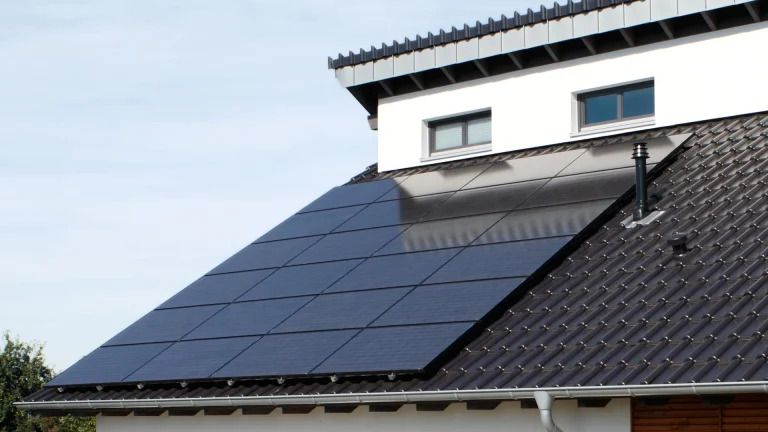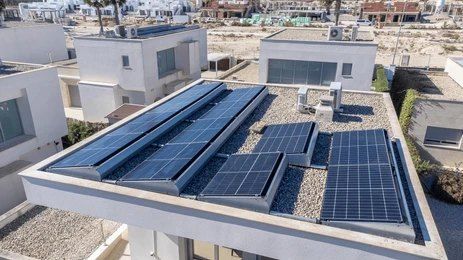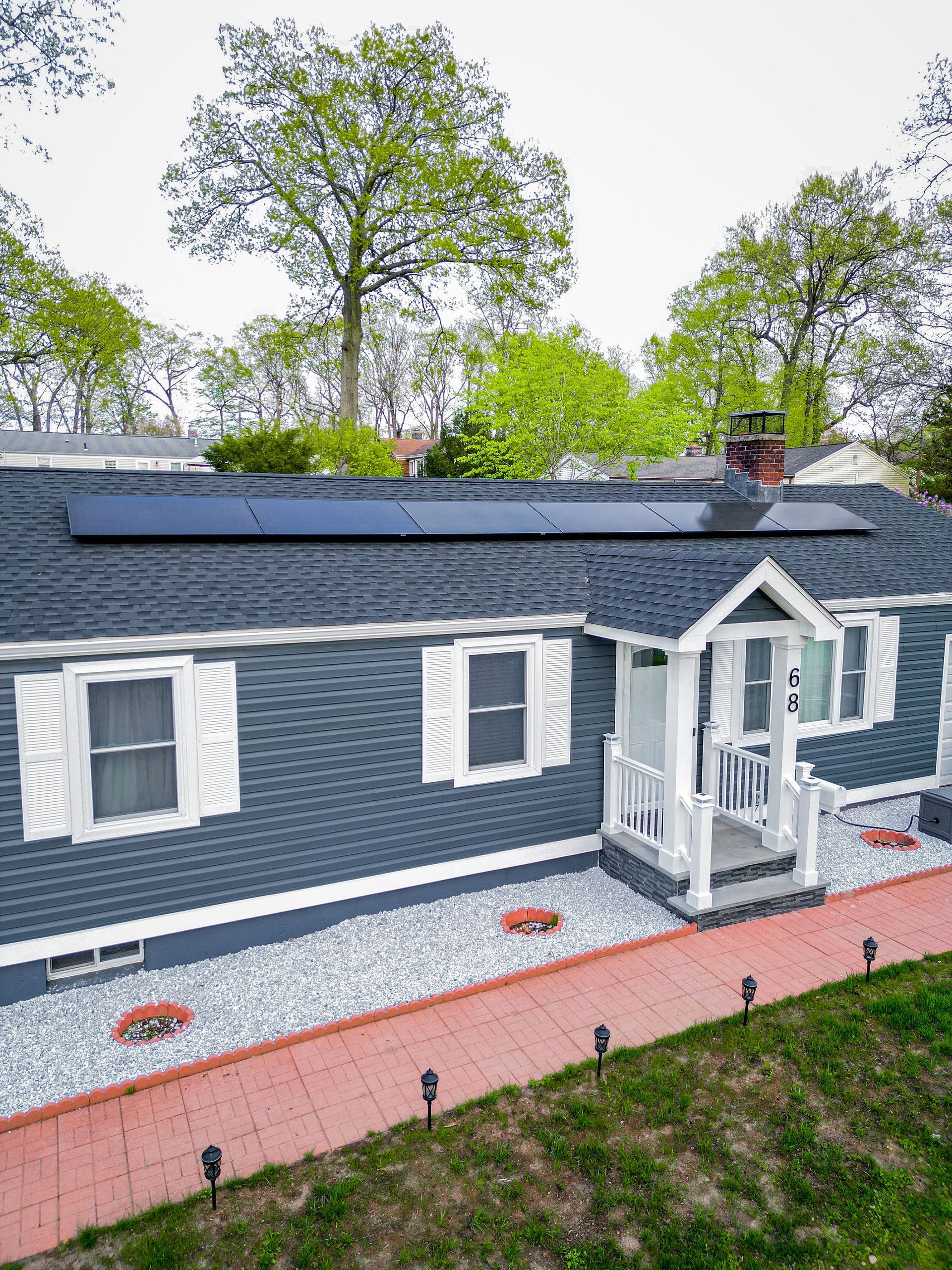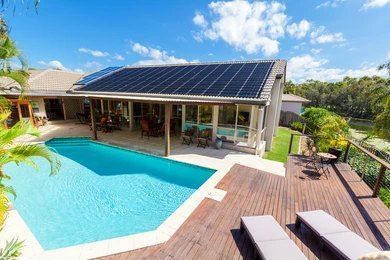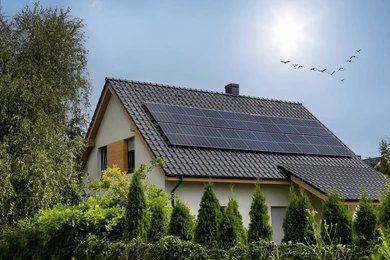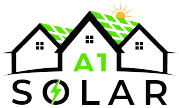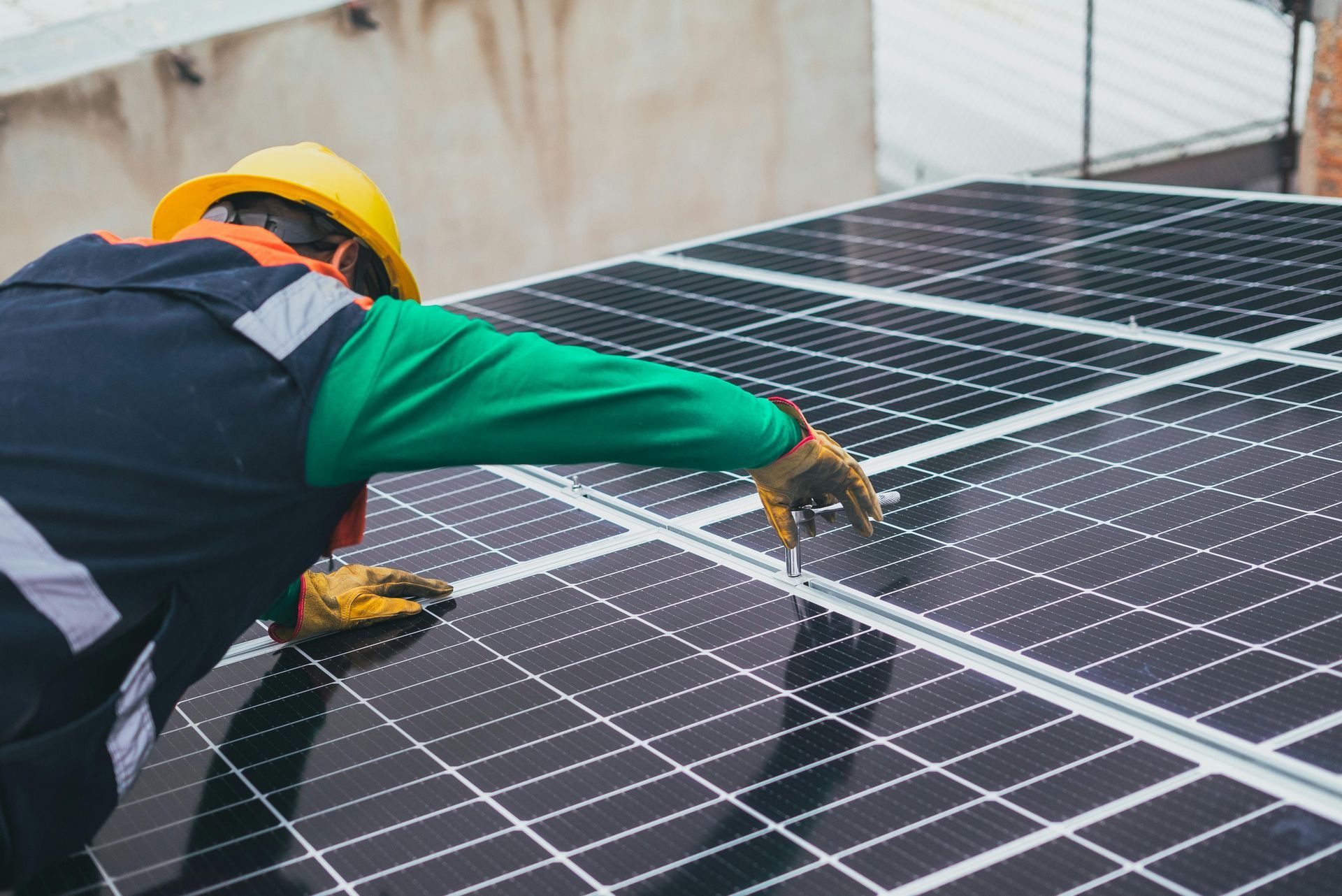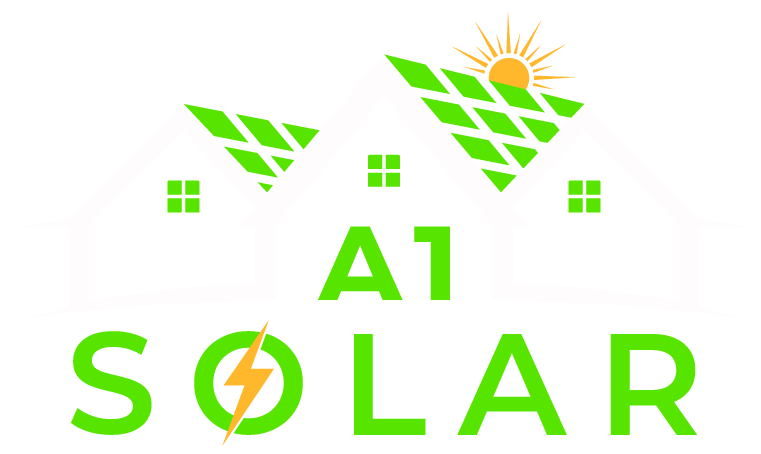How Do Residential Solar Panels Work? A Step-by-Step Guide
If you are considering converting your home to solar power, you’re not alone. “How do solar panels work?” is a question nearly every homeowner asks early in their search for better energy solutions.
So let’s walk through what actually happens when sunlight hits your house, how solar panels power your life, and what the installation process really involves.
How Do Solar Panels Work?
At the center of every home solar system is a very simple concept: solar panels, typically silicon-based, capture sunshine and turn it into electricity. This is how it works:
Sunlight Activation
Photovoltaic (PV) cells are the tiny units that make up each solar panel. When the sunlight hits these cells, it releases electrons from their atoms. Direct current (DC) electricity is produced by the movement of electrons.
Conversion to Usable Power
Here's the catch: Most homes don't run on DC electricity. We run on alternating current (AC) electricity. That's why all solar electricity systems have an inverter (or a string of micro-inverters) that converts the DC power from your panels to AC power for your appliances.
| Solar Energy System Type | How it Works | Good for |
|---|---|---|
| Grid-tied | Connected to the public grid; uses not metering | Most homeowners |
| Off-grid | Standalone, relies on batteries, not tied to the utility | Remote locations, cabins |
| Grid-tied with storage | Connected to grid + battery for backup or night use | People want backup power |
3. Faster Payback Period:
Thanks to the high electricity rates and strong incentives, Connecticut homeowners often see a relatively quick payback period for their solar investment, typically averaging around 6-8 years. This is faster than the national average.
4. Environmental Benefits:
By generating clean, renewable energy, you reduce your reliance on fossil fuels, significantly lowering your carbon footprint and contributing to a healthier environment.
5. Energy Independence:
- Solar energy provides a sense of energy independence, making your household less susceptible to grid outages and price fluctuations.
- Homes dubbed as “high performance” -homes that are both energy efficient and generate electricity-may be more attractive to potential homebuyers
Do solar panels increase home value in CT?
Although Connecticut Regulatory authorities discourages making absolute statements about an increase in home value, independent analysis has indicated a possible positive resale value impact from solar installations.
According to a 2015 Lawrence Berkeley National Laboratory study, homes with solar panels sell for $15,000–$20,000 more than similar homes without solar panels, depending on the location.
Zillow's 2019 study revealed homes with solar sold for 4.1% above their counterparts without, after adjusting for size, location, and other critical factors.
Also, according to a 2006 NREL study, solar-equipped homes in California sold 20% quicker and for 17% more.
Though these studies are dated and include other markets, they demonstrate sustained buyer interest in energy-efficient attributes. More recent data, such as Zillow's green home report, note increasing demand from buyers for "green homes."
"There is a growing demand for green living. Over 80% of buyers now indicate energy-efficient features as important when choosing their home." – Sarah Mikhitarian, Senior Economist, Zillow
Conclusion
Understanding how solar panels work, the installation process, and what to expect empowers you to make a smart, confident decision. The right system can mean lower electric bills, a smaller carbon footprint, and a literal power shift for your home.
Ready to leap? At A1 Solar, we'll answer your questions, survey your site, and help you with the math—so you can make the switch to a solution that fits your home and your goals.
